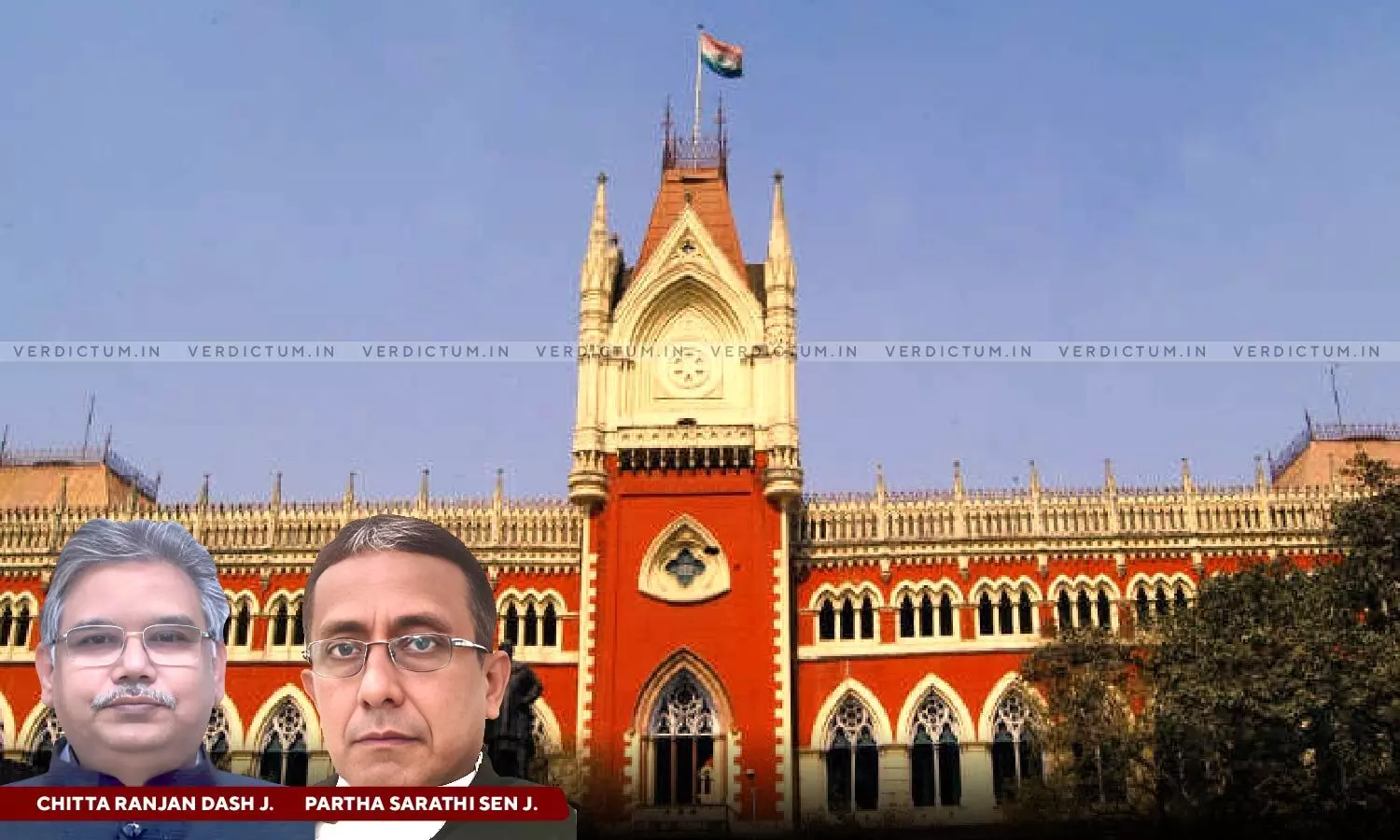
Case Was Of Non-Exploitative Consensual Sexual Relationship Between Minor Girl And Adolescent Boy: Calcutta HC Expounds On Decriminalization Of Such Relationships
 |
|The Calcutta High Court in a case of non-exploitative consensual sexual relationships between a minor girl and an older adolescent boy has expounded on the decriminalization of such relationships.
The Court while setting aside the sentencing order held that there is a necessity for a legal amendment to decriminalize consensual sexual acts involving adolescents above 16 years, while also ensuring that all children below 18 years are protected from sexual offences under the Protection of Children from Sexual Offences Act (POCSO Act).
“Coming to the present case we find that this is a case of non-exploitative consensual sexual relationship between a minor girl and an older adolescent or may be a young adult. There is nothing on record to prove the factum of kidnapping by the appellant”, the Bench comprising Justice Chitta Ranjan Dash and Justice Partha Sarathi Sen observed.
The Bench observed, “A legal amendment is, therefore necessary to decriminalise consensual sexual acts involving adolescents above 16 years, while also ensuring that all children below 18 years are protected from sexual offences under the POCSO Act”.
Advocate Malay Bhattacharyya appeared for the Appellant, Additional Public Prosecutor P.K Datta appeared for the Respondent, and Advocate Shibaji Kumar Das appeared for the Victim.
Per the prosecution’s case, the victim was missing from her house one evening and upon enquiry, it was discovered that the Appellant with the help of her sister had managed to take her minor daughter by enticing her for malicious purposes. However, the Trial Court found the appellant guilty under Sections 363, 366, 376(3), 376(2)(n) of IPC and Section 6 of the POCSO Act. The Appeal was filed before the Court challenging the judgment and sentencing order passed by the Special Court (POCSO Act). The Appellant was convicted under Sections 363 and 366 of the Indian Penal Code and Section 6 of the POCSO Act.
The Court observed that a child was born of the alleged wedlock between the Petitioner and the victim. The Court noted that there was the existence of a sexual relationship between the two up until the arrest of the Appellant.
The Court noted that the POCSO Act provides a comprehensive framework complete with substantive and procedural provisions to address sexual offences against children. The Court observed that the original draft of the Bill recognized the possibility of consensual sexual activity involving adolescents above 16 years as well as the grounds based on which such consent would be vitiated.
“Besides the parental guidance, requisite sex education with emphasis on the aforesaid aspects and reproductive health and hygiene should be a part of the curriculum of every school. It is also required that the school curriculum should include, fundamental or rudimentary study of law that criminalise adolescent action and the severity of the punishment prescribed. In rural areas services of Anganbadi workers and other ground level workers be utilised to make people aware about the rudimentary part of the POCSO Act and the severity of the punishment prescribed”, the Bench noted.
Additionally, the Court noted that the lack of recognition of consensual sexual behavior of older adolescents has resulted in their automatic criminalization and conflation of consensual acts with non-consensual acts. The Court further held that by equating consensual and non-exploitative sexual acts with rape and (aggravated) penetrative sexual assault, the law undermines the bodily integrity and dignity of adolescents.
The Court laid down the following: “It is the duty/obligation of every female adolescent to:
(i) Protect her right to integrity of her body.
(ii) Protect her dignity and self-worth.
(iii) Thrive for overall development of her self transcending gender barriers.
(iv) Control sexual urge/urges as in the eyes of the society she is the looser when she gives in to enjoy the sexual pleasure of hardly two minutes.
(v) Protect her right to autonomy of her body and her privacy.
It is the duty of a male adolescent to respect the aforesaid duties of a young girl or woman and he should train his mind to respect a woman, her self worth, her dignity & privacy, and right to autonomy of her body.”
The Court further outlined that the POCSO Act lumps all persons below 18 years together without consideration for their developing sexuality, evolving capacity, and the impact of such criminalization on their best interests.
Therefore, the Court noted that the prosecution failed to prove the said offences and therefore the convection of the Appellant ought to be set aside due to deficiency of evidence.
Accordingly, the Court allowed the Appeal and set aside the impugned judgment and sentencing order.
Cause Title: Probhat Purkait @ Provat v The State of West Bengal